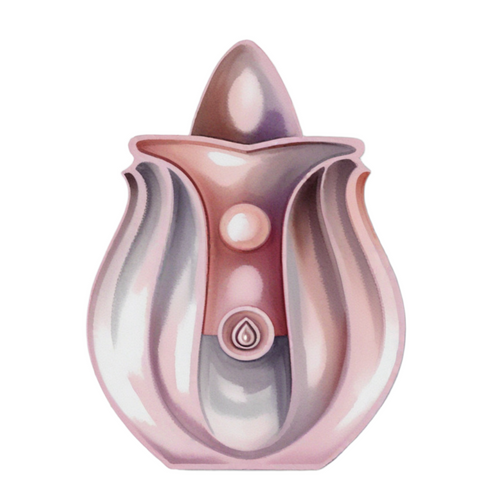Sex is a fascinating topic that has captured the attention of humans for centuries. It's a complex and multifaceted topic that covers everything from biological processes to social and cultural factors that shape our attitudes towards sex. In this blog, we'll delve into 10 interesting sex facts that are sure to change the way you think about this important aspect of our lives.
Did you know that the average person will spend around 6 months of their life having sex? While that may sound like a lot, it's actually only around 0.5% of your entire life.
Women who have sex regularly are more likely to have regular menstrual cycles. This is because sex helps regulate the hormones that control menstruation.
In ancient Egypt, it was believed that the god Atum created the universe by masturbating. According to this myth, Atum ejaculated and his semen formed the first humans.
The clitoris has twice as many nerve endings as the penis, making it the most sensitive part of the human body.
The longest orgasm on record lasted for 43 seconds. Most people's orgasms only last for a few seconds, but some lucky individuals can experience longer and more intense orgasms.
The average speed of male ejaculate is around 28 miles per hour. This means that if a man were to ejaculate out of a moving car, his semen would travel faster than the car itself!
Sexual attraction is based on a combination of factors, including physical appearance, body language, and even the way a person smells. Research suggests that the way a person smells can play a particularly important role in sexual attraction.
People who have frequent sex are more likely to report feeling happy and satisfied with their lives. This may be because sex releases a flood of endorphins and other feel-good hormones.
The G-spot, a highly sensitive area inside the vagina, is named after Ernst Gräfenberg, a German gynecologist who first described it in 1950. However, some researchers dispute the existence of the G-spot, arguing that it is simply an extension of the clitoris.
In some cultures, sex has been used as a form of therapy for various medical conditions, including hysteria, anxiety, and even headaches. This practice dates back to ancient times and was based on the idea that sexual release could help restore balance to the body.
Sex is an important and fascinating aspect of our lives as women. Whether we're interested in the biological processes that underpin our sexual desires, the cultural and social factors that shape our attitudes towards sex, or simply the weird and wonderful facts that surround this topic, there is always more to learn. Understanding more about sex can help us to feel more empowered, informed and confident in our own sexuality.


